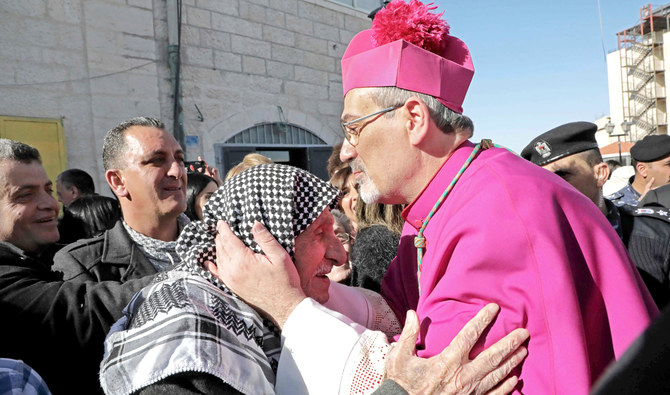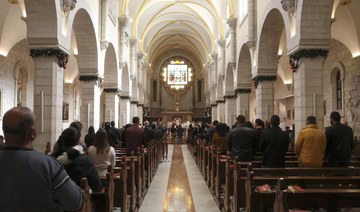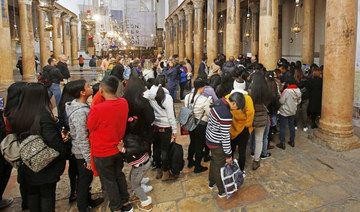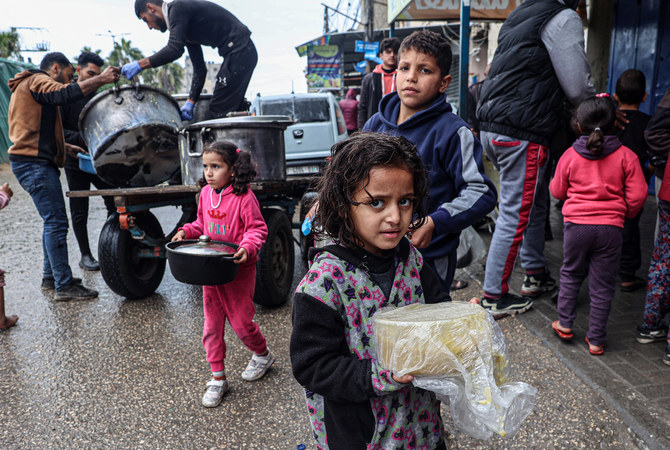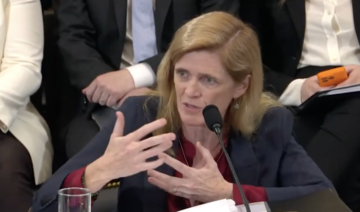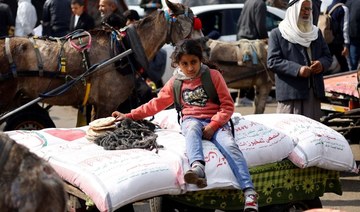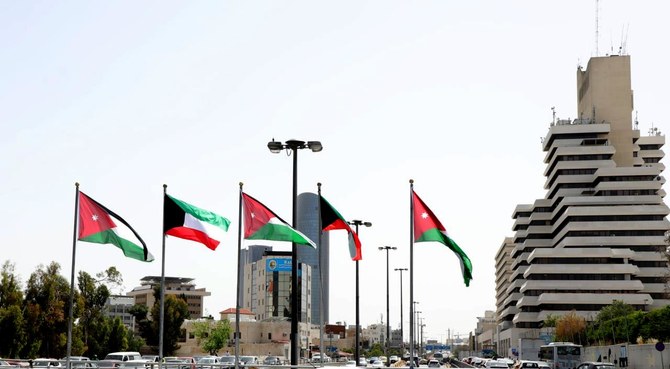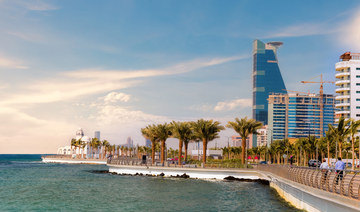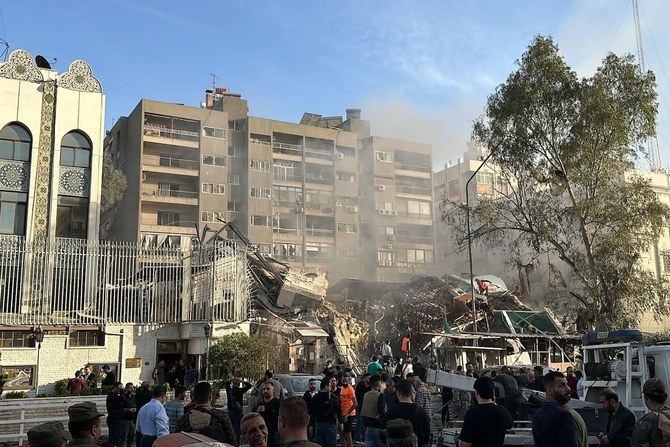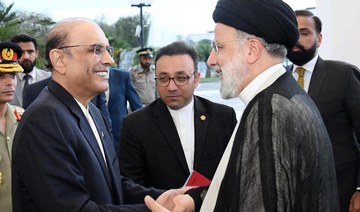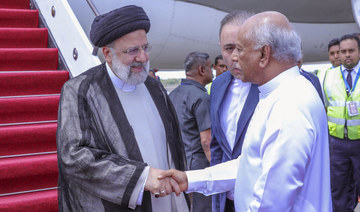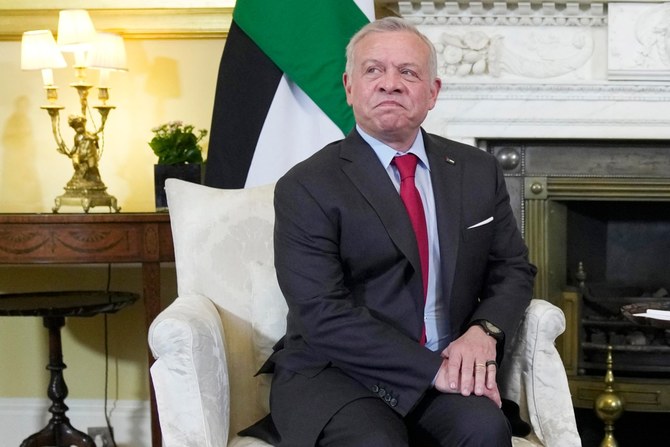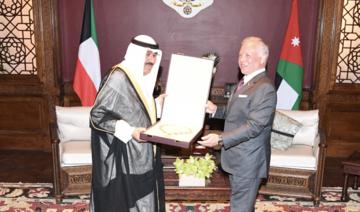BETHLEHEM: Many Christians in Palestine like to celebrate Christmas by visiting the town of Bethlehem, where Jesus Christ was born.
Every year, hundreds of thousands of pilgrims cover the region, also visiting Nazareth and Jerusalem.
Najwan Saifi and her sister and mother visit Bethlehem “almost every year” at Christmas.
“We come to this city, spend a day or two in a hotel and enjoy the atmosphere, the wonderful celebrations, away from the daily pressures of life and work,” Saifi said.
“Sometimes I feel sad that not all Palestinians can come to Bethlehem. There are thousands of people who want to visit, but the barriers and the wall remain, preventing many people. I hope the occupation will one day disappear,” She added
In Bethlehem the pilgrimage route known as Star Street is being renovated in the hope that it will return to its former glory: A bustling thoroughfare of historical importance.
Downtown Bethlehem, the commercial heart, is mostly bypassed in favor of the more well-known ancient site: The church built on top of the grotto where Christ was born.
“We are expecting 1.4 million tourists,” said Anton Salman, the mayor of Bethlehem, adding that he could only go on figures from organized groups, and that the number could be much higher.
That estimate would still represent a near 20 percent increase from 12 months ago in any event. “Things are going up. This year is better than 2018, and 2018 was better than 2017. It is a continuous increase.”
Israel’s settlements in the West Bank and its separation wall, which divides Bethlehem from Jerusalem, have restricted access to the city and devastated the local economy.
Twenty-three Israeli settlements take up 21 square km of the Bethlehem area, hosting 165,000 Israeli settlers.
Before Christmas Eve, Manger Square in Bethlehem, which the mayor’s office overlooks, is abuzz with tourists taking selfies by the newly lit tree erected at its center by the municipality.
Fadi Kattan, a Palestinian chef who runs Hosh Al-Syrian guesthouse, believes tourism should extend beyond the Christmas season and that changes should be made to entice visitors to stay in Bethlehem during the rest of the year.
“Tourists usually spend a few hours in Bethlehem — that is not enough for the city’s economy. The real impact would be if they stayed in the hotels and spent a long time,” Kattan said.
As for gift shop owner Saad Sabbagh, the Christmas season is a working season for Bethlehem’s residents, and an opportunity for its economy to recover.
“There are many difficulties, but we are thinking about this season, working and receiving tourists from all over the world. There is already an increase this year in the number of tourists, and work is increasing,” Sabbagh said
Five new hotels are being built and some existing hotels are expanding. The town has even extended the opening hours of the Church of the Nativity. The building has undergone extensive restorations since 2013 to repair its leaky roof, tattered windows and covered mosaics.
The region’s Christians were excited earlier in the year, on Nov. 29, when a religious relic sent to Rome in the seventh century, supposedly a fragment of Christ’s manger, was returned to the Holy Land after nearly 1,400 years by Pope Francis. It is now on permanent display at the church.
Visits to Bethlehem during the holidays are not confined to Christians, with thousands of Muslim Palestinians from the West Bank and Israel also expected over the period.
Ahmad Najib, on holiday with his wife and two children, said: “The atmosphere of Christmas is beautiful, and in Bethlehem it is the most beautiful, especially on Christmas Eve. I am here with my family to enjoy taking pictures, and share with Christians their holidays just as they share ours.”



